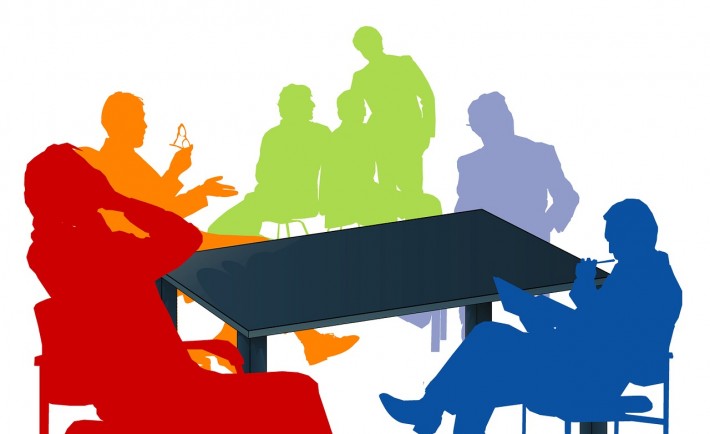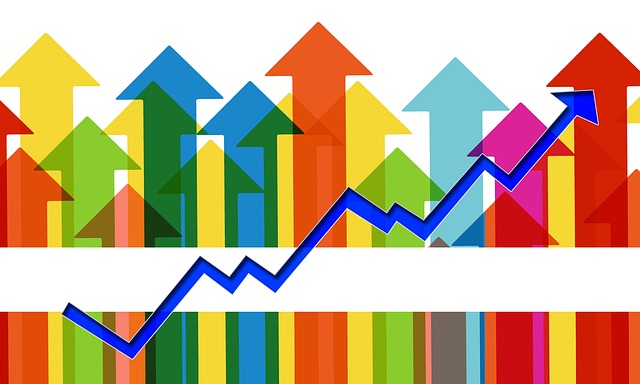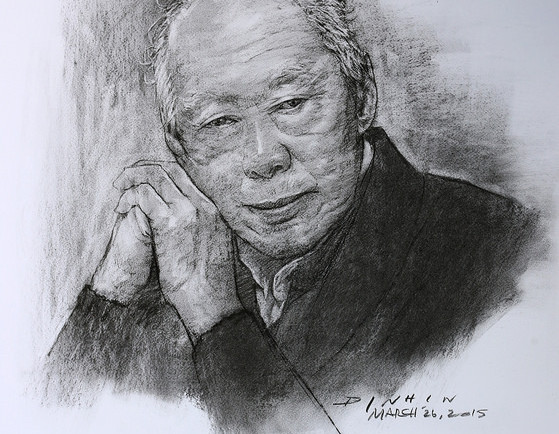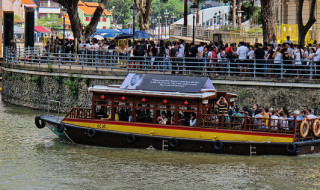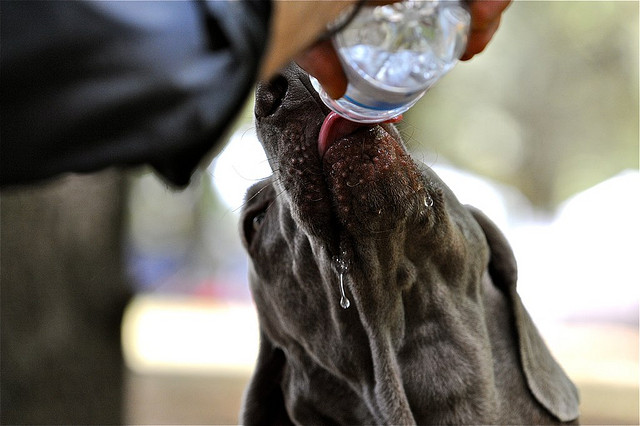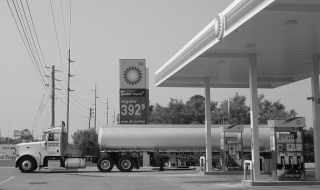Is it possible to live in a world where you can carpool with a stranger during an emergency? How about dining at someone’s home or hiring an experienced chef with a swipe of a finger?
With a “sharing economy”, all these are possible!
According to Investopedia, a sharing economy is…“an economic model in which individuals are able to borrow or rent assets owned by someone else. The sharing economy model is most likely to be used when the price of a particular asset is high and the asset is not fully utilized all the time.”
United States, Europe, Seoul, Australia, and other parts of the globe have shifted from a consumer market to a sharing one. In these places, people use technology to rent, lend, and exchange goods and services rather than purchasing them from shops or companies. Considering the scarcity of some resources in the country as well as its technological advancements, experts suggest that a sharing economy is an untapped realm with great potential for Singaporeans.
April Rinne, a consultant and World Economic Forum Young Global Leader, expressed that a sharing economy can help a society to become more sustainable. And is it not what Singapore aims to accomplish?
In fact, in the Sustainable Singapore Blueprint 2015, the state set up a collective vision that includes being a zero waste nation by 2030. A sharing economy fosters activities that enable people to share and earn income from underused assets such as apartments, cars, clothing, and tools.
There are several benefits that a sharing economy can bring to a nation such as reducing environmental waste impact, redefining the materialistic ideal, increasing efficiency in transport, as well as cutting energy and water consumption.
Sharing economy helps to reduce the environmental waste impact and extend the longevity of items. For example, The Freecycle Network™ allows people to give and receive re-usable items to divert them from the landfills. 9,104,727 users post ads of pre-loved items and give them freely to people that would want to take it. Interestingly, I saw one post from Singapore that offered “lofted twin beds with desks underneath”.
A sharing economy also helps to redefine our materialistic ideal as it encourages to sell or share our possessions. You see, we grew accustomed of having material goods as a measure of success. We believe that the more we have, the more society will perceive us as wealthy and happy. But the truth is, having all these designer goods or lavish cars will never satisfy us. It will only make us craving for more. In a sharing economy, you can easily buy and rent clothes online.
Aside from sharing our possessions, a sharing economy supports the idea of community transportation. By community transportation I mean that people can rent cars from companies, carpool with strangers, and pay for a ride from the people in their neighborhood. A good model for this is Uber. Uber allows you to get a taxi or share a ride with other people through a mobile service.
Lastly, a sharing economy allows you to cut on the accommodation costs as well as energy and water consumption thru services like Airbnb and Couchsurfing. In 2014, a study found that sharing homes had considerably lesser energy and water consumption, greenhouse gases, and accumulated waster compared to hotels. The current situation of home sharing in Singapore depends on the Urban Redevelopment Authority (URA). The URA is re-assessing the law which considers that it is illegal for an individual to rent out their home for stays shorter than 6 months.
For individuals, companies, and the society at large, a sharing economy presents a myriad of opportunities to invent new streams of revenue, solve social issues, and to create community resilience. If this idea is successfully achieved, Singapore can just boost its productivity levels significantly.

